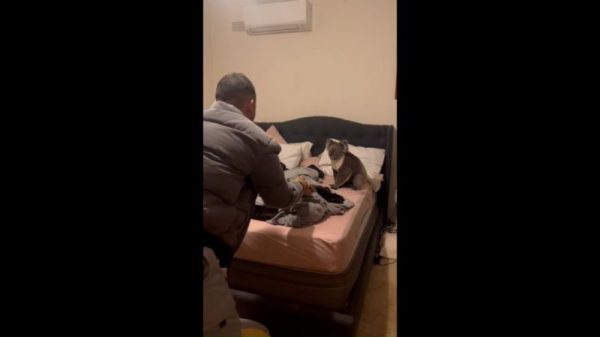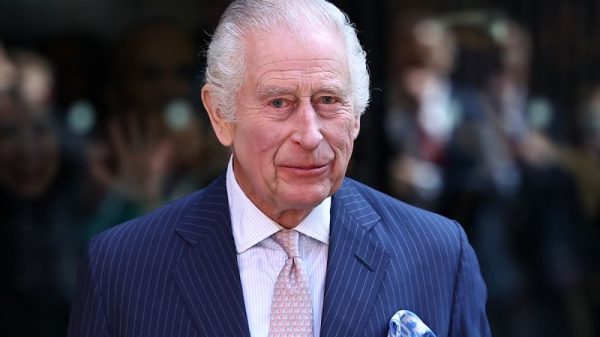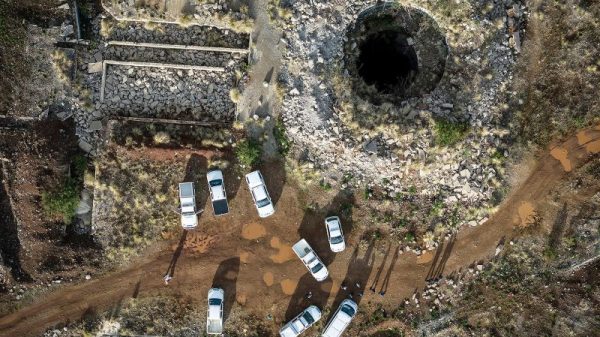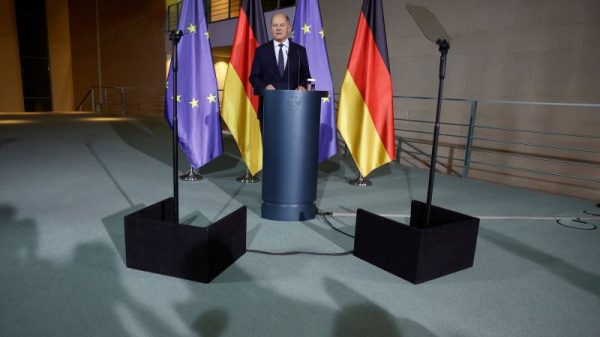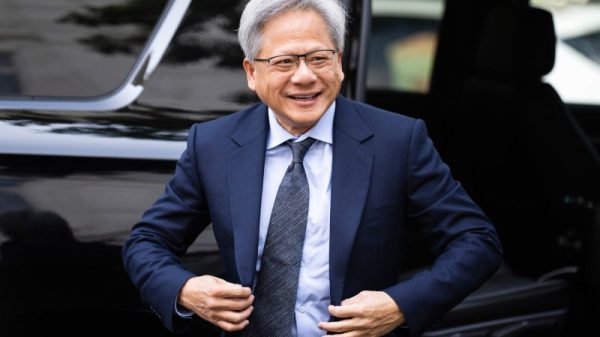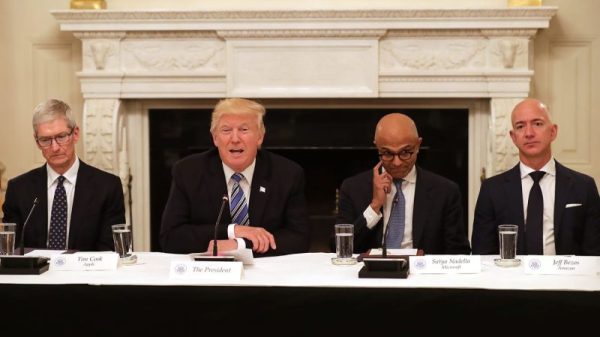Traditionally, monasteries have been seen as places of spirituality and peace, where nuns and monks devote their lives to prayer, contemplation, and acts of kindness. However, in an unprecedented situation, a monastery recently found itself embroiled in a controversy involving politics and allegations of voter fraud. The Republican Party operative raised a storm, accusing the monastery of fraudulent voting practices. This was met with strong resistance from the nuns who resided there.
The GOP operative who leveled these claims against the monastery was under the firm belief that the monastery was engaging in illegal election practices. The accusations were specific and alarmingly serious. They ranged from casting ballots on behalf of dead nuns to manipulating votes supporting Democratic candidates over their Republican counterparts. The operative believed that the monastery was directly influencing the outcome of the elections, favoring one party over another.
However, from the monastery’s perspective, these accusations were not just a violation of their integrity, but they saw them as an attack on their sacred duty of prayer and service. Untouched by the chaos of politics, nuns in the monastery averred that they had always minded their own business of spiritual duties and serving the community, keeping political involvements at arm’s length.
While aware that their lifestyle doesn’t entirely isolate them from the demands of civic responsibility, including the right to vote, the nuns held that they dutifully and legally participate in elections. They claimed that these accusations were unfounded, and they had always maintained transparency in exercising their voting rights.
In reaction to these allegations, the nuns did not sit quietly. Instead, they chose to fight back, defending their reputation and their monastery’s name, which they felt was unjustly being tarnished. With the backing of their community who had faith in their integrity, the nuns initiated legal processes and public campaigns to clear their names. Their fight wasn’t just about setting straight a single accusation; it was about reclaiming the sanctity of their commitment towards their community and nation.
These allegations opened up not only a legal battle but also an ethical debate as it put the nuns’ right to participate in elections under scrutiny. The unfolding of this case set in motion conversations about the interplay between religion and politics. If places of worship are seen as sanctuaries of peace and spirituality, then does involving them in political discourse dilute their sacredness?
Fundamentally, the incident foregrounds the tensions that exist between politics and religion. While the merits of the allegations are












